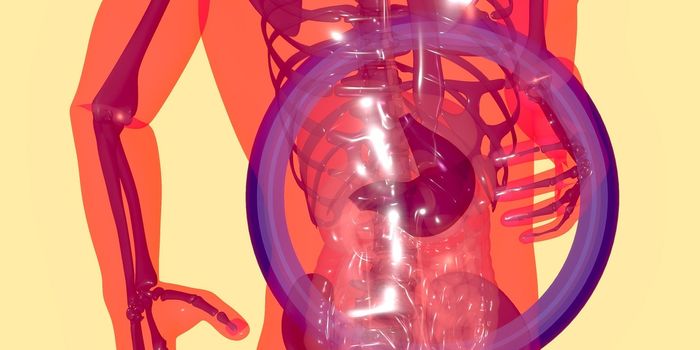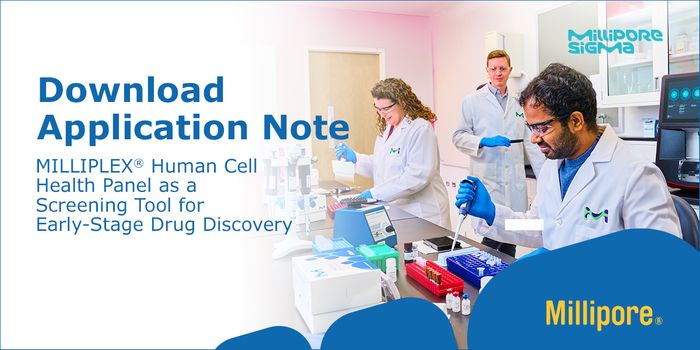A non-invasive breath test designed in the United Kingdom could save 10,000 lives per year by diagnosing the early signs of esophageal and gastric cancer in minutes. Researchers claim that the test is 90 percent accurate, as well as being "cheaper, faster and easier to perform than other methods." According to an article in Science Daily, excerpted from materials written by Maxine Myers at Imperial College London, the device could also save the British health care system 145 million pounds per year (http://www.sciencedaily.com/releases/2015/06/150623072902.htm).

In a clinical study involving three London hospitals, researchers analyzed breath samples from 210 patients and found that the test could distinguish between malignant and benign esophageal cancer with 90-percent accuracy in minutes. The test consists of having the patients breathe into a device similar to a breathalyzer that is connected to a bag. The compounds from the patients' breath are analyzed by a selected ion flow tube mass spectrometer.
Chemical compounds in exhaled breath provide evidence of esophageal and gastric cancer, according to the researchers. These volatile organic compounds (VOC) produce a distinctive smell to help detect early signs of the disease. The selected ion flow tube mass spectrometer, an analytical instrument, identifies VOCs present at significantly higher concentrations in patients with esophageal and gastric cancer than in non-cancerous patients. Results could establish a biomarker, a biological feature used to measure the presence or progress of a disease, according to the researchers.
According to Professor George Hanna, lead author of the study and director of NIHR-Diagnostic Evidence Cooperatives at Imperial College London, "Esophageal and gastric cancers are on the rise in the UK with more than 16,000 new cases diagnosed each year. The current method for detecting these cancers is expensive, invasive and a diagnosis is usually made at a late stage, and often the cancer has spread to other parts of the body. This makes it harder to treat and results in poor long-term survival rates. Our breath test could address these problems, because it can help diagnose patients with early non-specific symptoms as well as reduce the number of invasive endoscopies carried out on patients, which often lead to negative results. Diagnosis at an early stage could give patients more treatment options and ultimately save more lives."
Another breakthrough breath analyzer device can identify lung and bowel cancer before any symptoms develop, giving patients a chance to be treated sooner and increasing their chances of survival. The system uses a coin-sized nanochip to analyze a patient's breath for tiny traces of chemicals produced by the disease. The LuCID device - lung cancer indicator detection - will be assessed in two NHS hospitals this summer in a £1million clinical trial. Billy Boyle of the Cambridge University spin-off firm Owlstone Nanotech, which developed the device, described it as being "like a sniffer dog on a mobile phone," according to an article in the London Daily Mirror (http://www.mirror.co.uk/lifestyle/health/cancer-breath-test-could-save-5135643).









